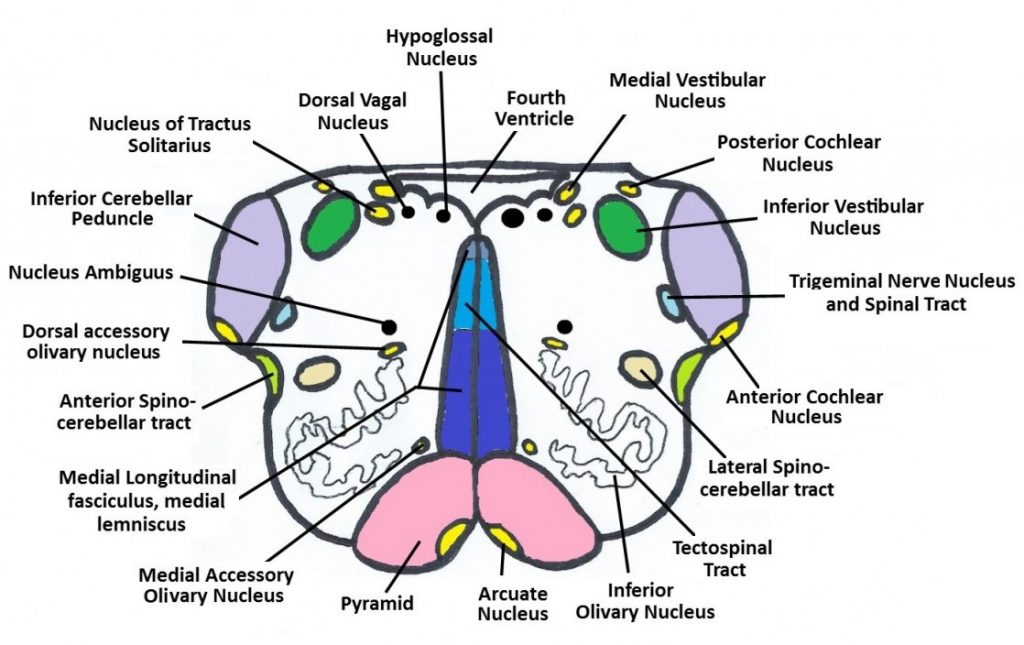Learning objectives
|
Introduction

Aetiology
Clinical
Investigations
Management
| NeurovascularMedicine.com |
| MEDICAL DISCLAIMER:The contents are under continuing development and improvements and despite all efforts may contain errors of omission or fact. This is not to be used for the assessment, diagnosis or management of patients. It should not be regarded as medical advice by healthcare workers or laypeople. It is for educational purposes only. Please adhere to your local protocols. Use the BNF for drug information. If you are unwell please seek urgent healthcare advice. If you do not accept this then please do not use the website. |
|
Introduction

Aetiology
Clinical
Investigations
Management